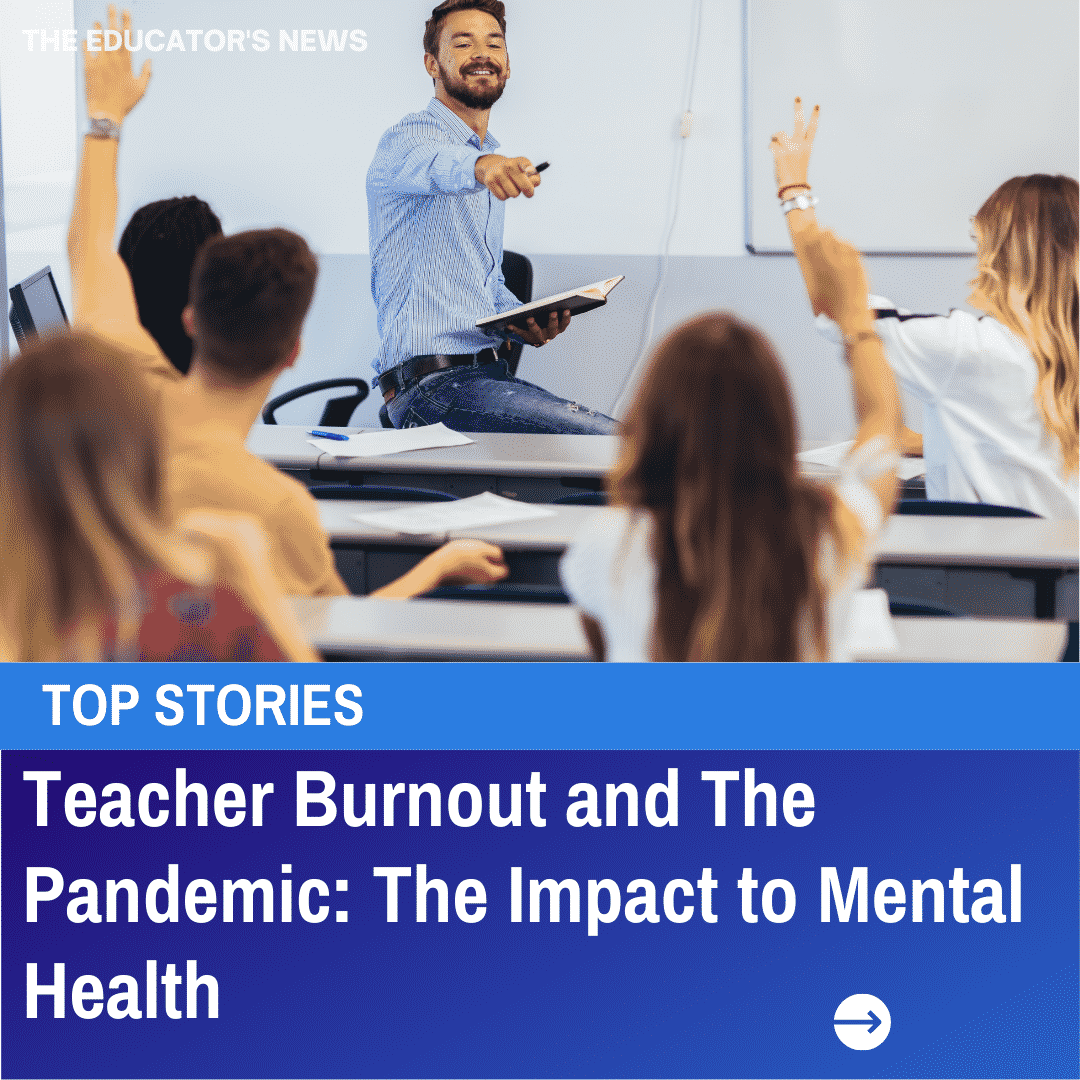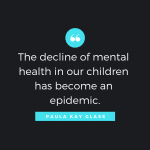In 2020, the world was taken by surprise as COVID-19 shut down everything. On March 11, a pandemic was declared by the World Health Organization, resulting in global changes and restrictions. Stores closed, restaurants resorted to take out only, airlines closed flights to need basis only, most businesses converted to either online-only or closed their doors entirely, essential workers were the only ones permitted to return to work in a physical environment, and teachers were forced into the position of working from home in a technology-based classroom. So many overnight changes occurred beginning March 12 when Ohio was the first state to close schools, with other states following in suit shortly after, resulting in all states closed by March 27. A global pandemic causing closures around the world had not been seen in over 50 years; many were not prepared for the changes that occurred.
While it would seem easy to transition to working from home in education, some teachers were not equipped at all for the challenge as some were also playing the role of teacher to their own children, while managing a panic-stricken world and classroom. Some ordinary problems may have been as simple as not a strong enough internet connection to as complicated as families not being able to submit work or join meetings, if not more complicated than that. The stress that was endured did not end once school concluded in June. The pandemic is still going strong, and while many states have begun opening doors once again to allow students in, the entire dynamic of the classroom has been drastically altered, including even human interactions without barriers, such as masks or shields. And while vaccines are now becoming more available, the pandemic has not ended sixteen months later.
It should come as no shock that because of the immediate and life-altering changes, mental health has suffered in many. Educators are no exception to the effects of Covid 19 and the pandemic shut down. In USA Today, Shefali Luthra interviewed a teacher who gave an incredibly open interview into the impact, which expands on how deep the impact is being felt inside of oneself. From missed therapy appointments to lack of sleep, stress levels are increasing, and self-care is decreasing. According to Education Week, teacher morale began plummeting as early as April of 2020 with over 56% of survey participants indicating a drop in morale during the pandemic.
As a result, teachers are still resigning to switch careers to less stressful environments.
While studies on teacher health are not substantiated to show how strongly the pandemic is impacting wellbeing, studies have been conducted that show stress can cause anxiety and depression. According to the CDC, research regarding 2020 mental health in anxiety, percentages of anxiety increased from April forward. Age groups strongly impacted were detected in all age groups, with strong increases in data in time periods school resumed, such as August. As a national average, the US had a 30.8% of symptoms of anxiety disorders in April 2020, with a peak in November at 37.2%. Numbers are starting to decrease, showing a reduction in stress as restrictions are beginning to lift, however that does not mean that stress has decreased in all.
The question then comes to mind, what can we do to help ourselves and our mental health in a time of crisis? The obvious answer is of course to care for oneself, however, the weight of an educator is not one that can simply be placed on the side. So how can we as educators increase morale to increase our own mental health? According to Careers in Psychology, here are a few things you can do to ease daily stress to improve your overall mental health during stressful times:
- Take deep breaths- slow and deep breaths will help to alleviate feelings of being overwhelmed or overloaded. Take five to ten deep breaths, paying attention to the motion of your body during these breaths, or conscious breaths.
- Meditate at your desk- during your planning, take a few minutes to meditate, using meditation apps or calming music to slow your mind down and focus on yourself, not the stress.
- Stretches- when given the opportunity, stretch to gain awareness of yourself and your body. If you cannot find time for this, include your students, they could use it too.
- Socialize- when time allows, talk with a trusted colleague that can help you gain interactions, but don’t talk about work. Talk about something positive and encouraging. It is tempting to vent about work but use this time to reflect on positive interactions.
- Music- play upbeat and positive songs to improve your mood. This is great even when students work quietly in the classroom for all as a positive distraction and focal point. Find songs that are uplifting or use instrumental if lyrics are questionable.
- Laugh- as hard as it may seem, laughter has great healing properties to bring spirits up. Find something funny to laugh at; memes, jokes, comedians, coworkers telling jokes, anything. Reducing stress through laughter helps spirits.
- Set realistic goals- set yourself goals that you can obtain without overloading yourself. Set long-term goals and short term but forgive yourself if you cannot do it all; you are one person.
Taking time for your own health as an educator is just as important as being there for your students. Your students need a healthy teacher, and that requires taking time for yourself even when the stress builds. And remember that Laura Bush once said, “There is a very close tie between good health and good education”.

References:
https://www.ncbi.nlm.nih.gov/pmc/articles/PMC3559034/
https://www.cdc.gov/nchs/covid19/pulse/mental-health.htm





